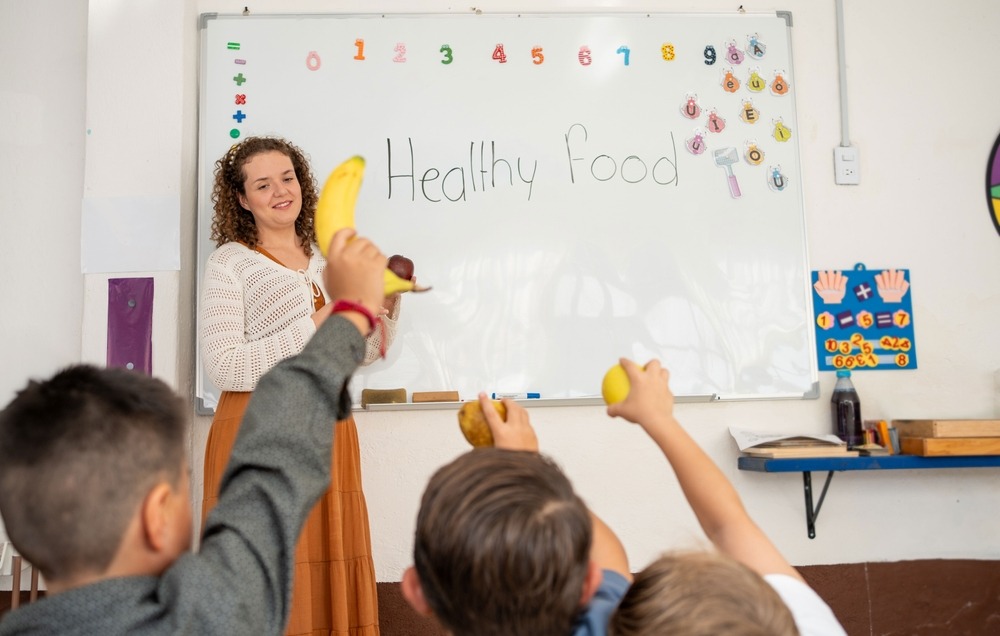If you’ve ever found yourself running behind your toddler with a spoonful of food, begging them to take “just one bite,” you’re not alone. Almost every parent goes through this phase where mealtimes feel like a battle zone. At Duscha Preschool, we understand these struggles very well. Our teachers face the same challenges with many little ones, and over the years, we’ve found some simple, fun tricks that not only work at school but can also make your mealtimes at home stress-free.
Why Do Toddlers Refuse to Eat?
Before jumping to solutions, let’s understand why your toddler might be refusing food:
- They’re naturally curious and would rather play than sit and eat.
- Their appetite can vary from day to day—it’s normal!
- They might assert independence: “I’ll eat only when I want to!”
- Sometimes textures, tastes, or even colors of food can make them fussy.
At Duscha, we always say: Patience and creativity are the secret ingredients to stress-free meals.
Tips & Tricks from Duscha Teachers for Stress-Free Mealtimes
1. Make It Colorful
Kids are instantly drawn to bright colors. Just like our color-matching activities in class, we make plates look fun—with carrots, cucumbers, tomatoes, and even a small portion of their favorite item. You can do the same at home: turn meals into a “rainbow plate challenge.”
2. Tiny Portions, Big Wins
At school, we offer small portions instead of a full plate. Toddlers feel less pressure this way, and when they finish, they feel accomplished. You can always offer seconds later.
3. Involve Them in the Process
Children love being little helpers. At Duscha, we let kids help in simple ways—like placing their plates or choosing between two snacks. At home, you can let them stir, pick veggies, or even decide which plate they want to use.
4. Turn Eating Into a Fun Game
Just like how we make learning fun through play, we use storytelling during meals. For example: “This broccoli is a little tree—can you be the giant and eat it?” Try playful tricks; you’ll be surprised how well it works.
5. No Pressure, No Force
We never force kids to eat at school. Instead, we gently encourage. At home, too, avoid scolding or forcing—it often backfires. Offer the food, let them decide, and trust their hunger cues.
6. Routine Matters
At Duscha, meals happen at the same time every day. This sets an internal clock for kids. Establishing a routine at home helps your toddler expect and prepare for mealtimes.
7. Be a Role Model
Toddlers love copying adults. When teachers eat fruits in front of them, kids get curious and join in. At home, try eating together as a family—it works wonders.
Final Thoughts
Dear parents, remember—your toddler refusing food is not a reflection of your parenting. It’s just a phase, and with patience and a little creativity, it will pass. At Duscha Preschool, we’ve seen picky eaters gradually open up when food is presented with love, fun, and zero pressure.
So next time your little one says “No!” to food, smile, breathe, and try one of these teacher-tested tricks. You’ll find mealtimes becoming less stressful and more joyful.
With love, from Duscha Preschool ❤️



